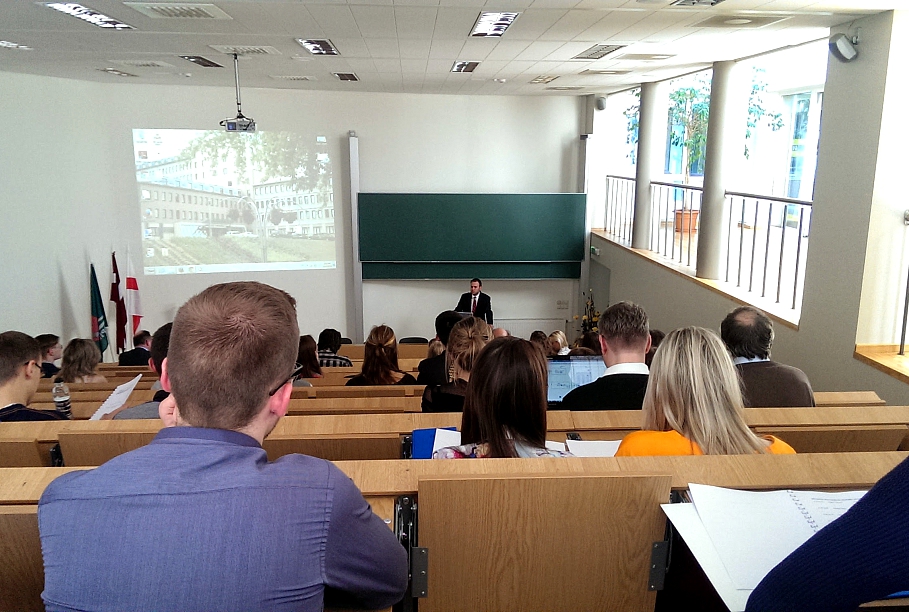Annual funding growth for higher education institution should be no less than 0.25% of GDP until total funding reaches 2% of GDP. This rule has been in the law since 2013, but the State budget law has never included such an increase.
31 deputies of the Saeima opposition appealed to the Constitutional Court, believing that the law on the State budget did not comply with the Constitution. However, in the assessment of the Constitutional Court, the Saeima cannot determine a specific part of GDP in the law which should be allocated for a particular purpose. In this way, the Saeima would take over the drawing up of the State budget, but the Constitution determines that the draft budget is submitted to the Saeima by the Cabinet.
"The question then arises, why is the Cabinet needed in the process of drawing up the budget?
In fact, if you look at all the norms that exist in the laws of Latvia, which divide these percentages from GDP or determine that not less funding than last year must be allocated, the possibility of maneuver for the Cabinet is very minimal, and it does not comply with Section 66 of the Constitution," said the Constitutional Court judge Janis Neimanis.
The judgment of the Court states that the Saeima should review the laws containing such rules and correct them.
During the hearing of the case, Mārtiņš Bondars, Chairman of the Saeima Budget and Finance Commission, said that the rules providing for an increase in funding for a sector are a pre-election promise.
"The legislator does not feel associated with such a pre-election bid, although it is enshrined in the form of a law, it is not implemented in life, it is not implemented in the budget law.
This is not a good trend in a legal country where everyone is bound by rights, including the legislator is also associated with the laws it has adopted,” explained Sanita Osipova, President of the Constitutional Court.
The Constitutional Court judgment will have an impact on at least 13 similar provisions of the law, said the applicant 's representative, Saeima deputy Evija Papule.
"If the Law on Higher Education does not comply with the Constitution, all these laws must be reviewed. Possibly also the 2021 budget, if there is anything based on such interest allocations, it is no longer possible to see in this way. Because there is no argument why any department should be given a certain amount of funding," Papule said.
In her opinion, the judgment is not exactly balanced and understandable. However, it still needs to be examined properly.





























